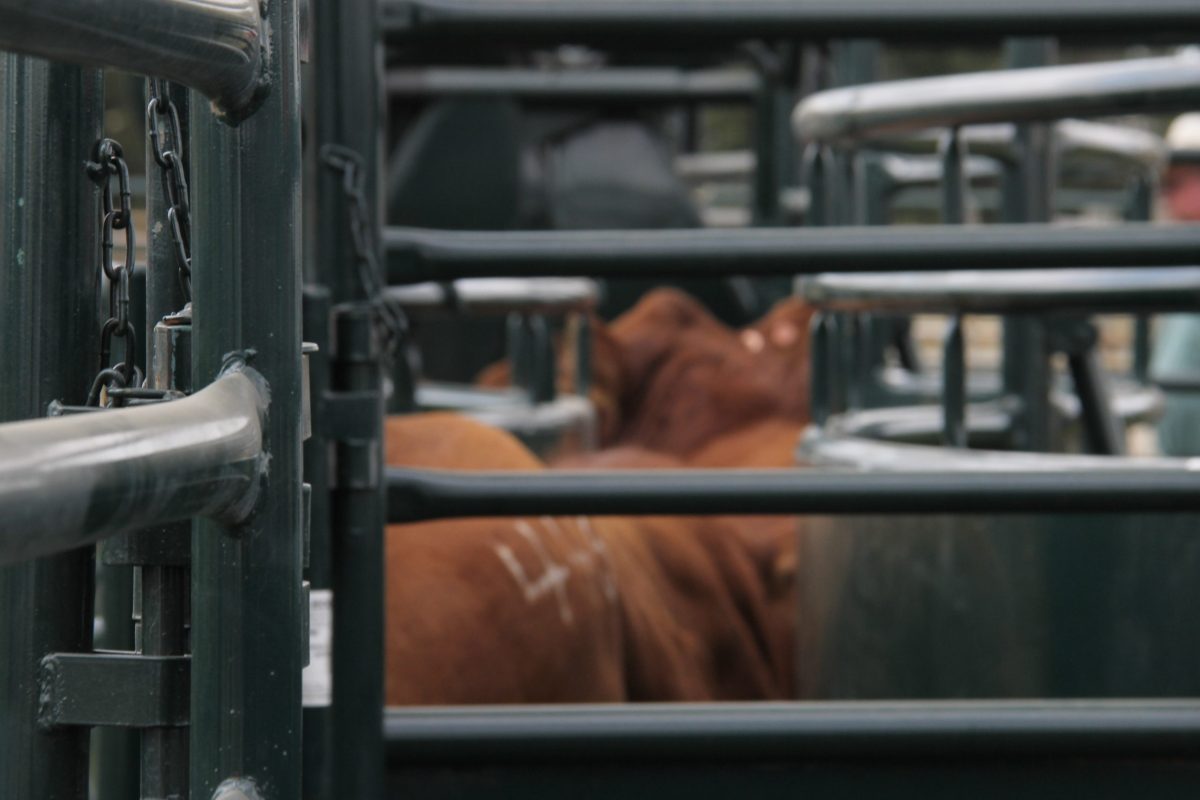Singapore | Reuters — Importers are struggling to resell several cargoes of Canadian canola meal that arrived in China after Beijing imposed hefty import tariffs on the protein-rich ingredient, three trade sources said.
Up to 400,000 metric tons of canola meal, used mainly in animal feed, is sitting in secure warehouses near Chinese ports, with importers facing a 100 per cent duty if they release the cargoes for sale in the domestic market.
Why it matters: China, a crucial export market for Canadian farmers, is essentially closed to Canadian canola.
Read Also

JBS profit falls amid still-challenging US market environment
JBS, the world’s largest meat company, reported a net profit fall in the third quarter in spite of a rise in global net sales amid a still-challenging beef market environment in the U.S., according to an earnings statement on Thursday.
“It is not viable to pay the duty, so we are looking at the possibility of re-selling it to other markets, maybe to feed-makers in Southeast Asia or South Korea,” said an executive with a trading company that is one of the importers of canola meal.
“But it will have to be at a discount,” the person said, declining to be named as they were not authorized to speak to media.
Traders said the canola meal was being offered at a discount of about 30 per cent.
The stuck cargoes underscore the struggles of agricultural companies caught in the middle of trade standoffs, at a time when Washington and Beijing’s tariff war has disrupted trade in farm products including soybeans.
China on Tuesday announced a preliminary anti-dumping levy of 75.8 per cent on imports of canola oilseed from Canada, escalating a year-long trade dispute that began last August with Ottawa’s tariffs on Chinese electric vehicle imports.
In March, China imposed a 100 per cent tariff on Canadian rapeseed oil, oil cakes and pea imports.
“These measures show how the Chinese government is super angry with the Canadian government,” said a trader at a company which runs oilseed processing plants in China. “They suddenly increased the duty to 100 per cent on canola meal, which was not expected.”
Two of the traders estimated the stranded canola meal volumes at 400,000 tons, while one trader said it was around 200,000 tons. At 400,000 tons, the value of canola meal stuck at Chinese ports is worth around $120 million (C$165.5 million), traders said.
— Additional reporting by Ella Cao in Beijing
















